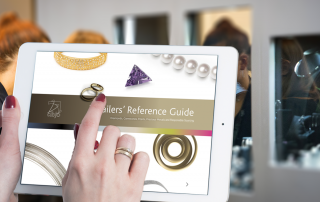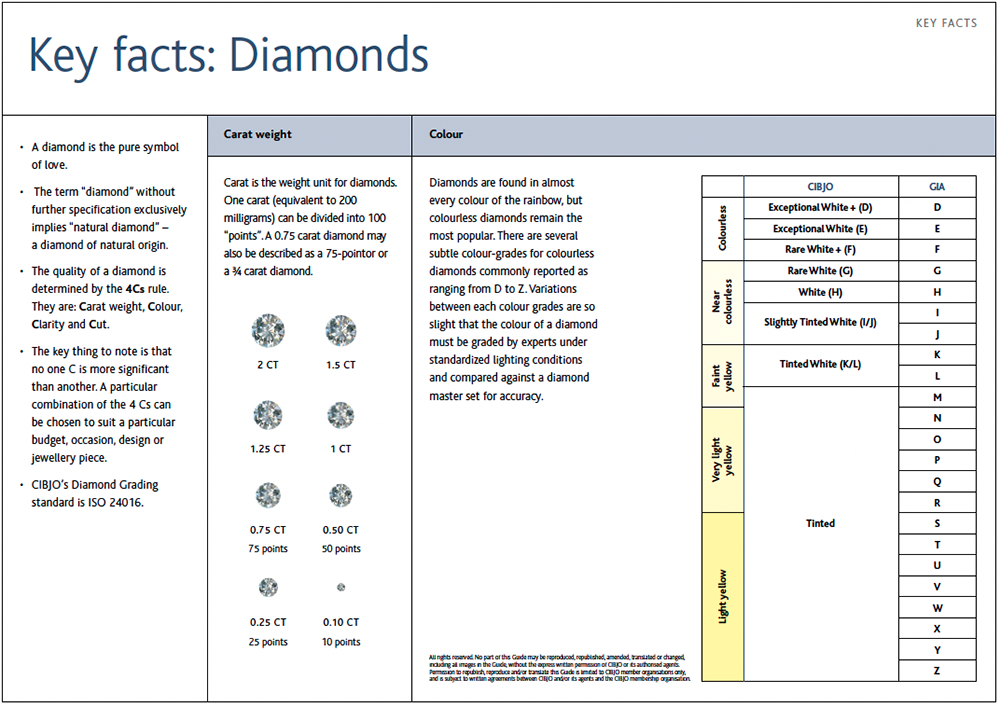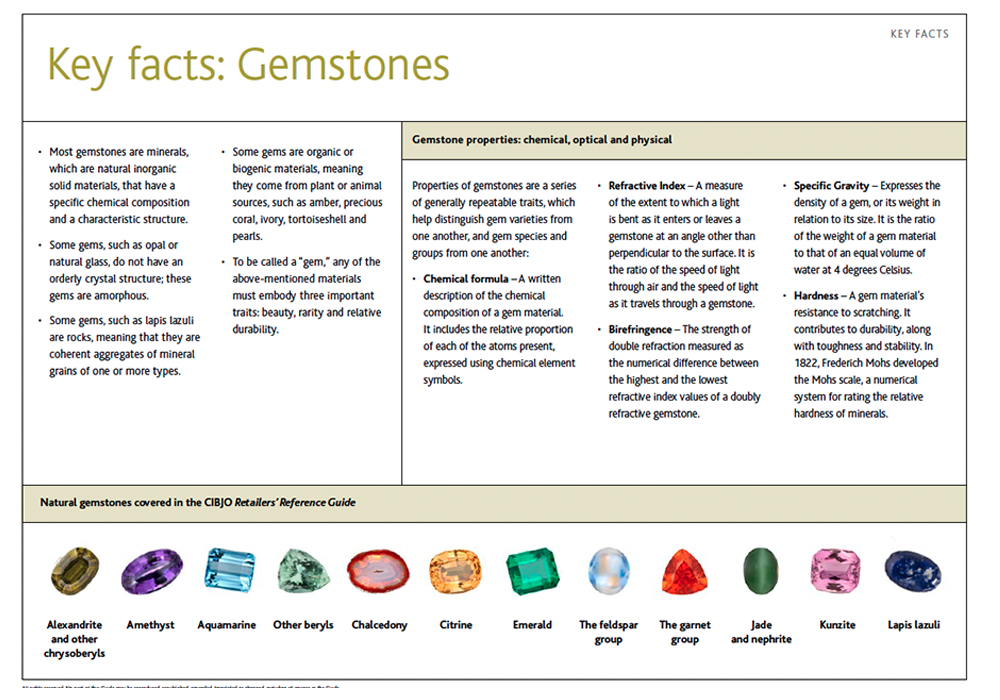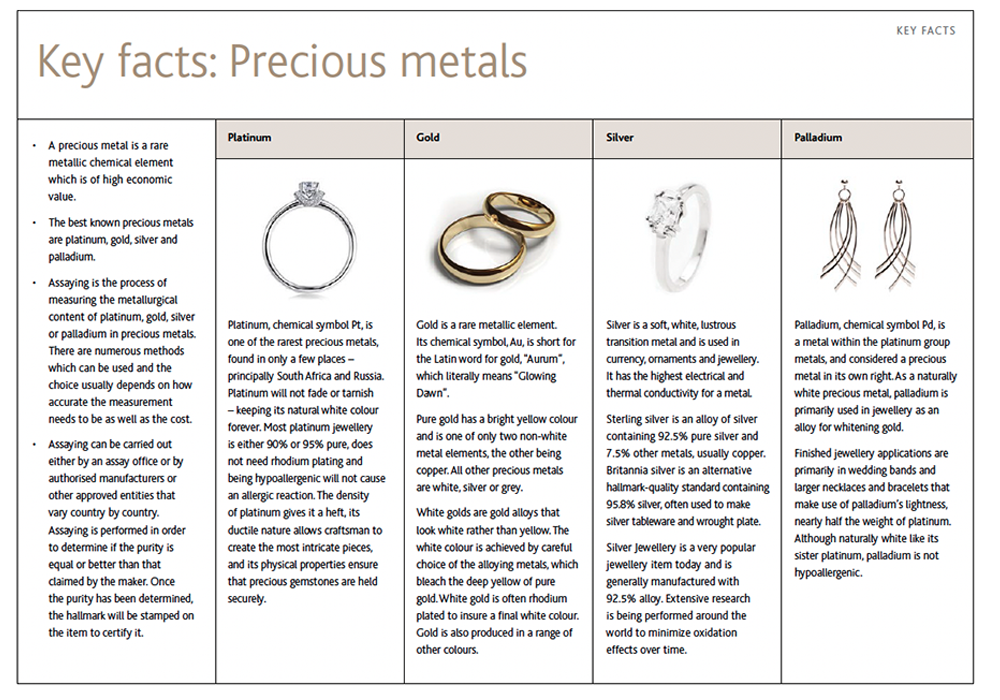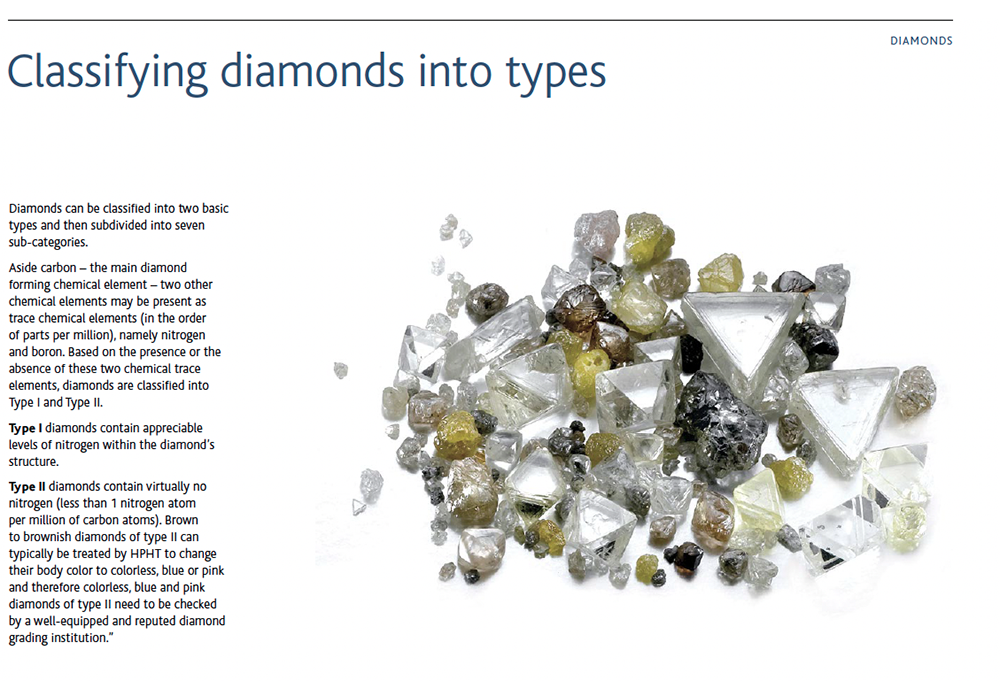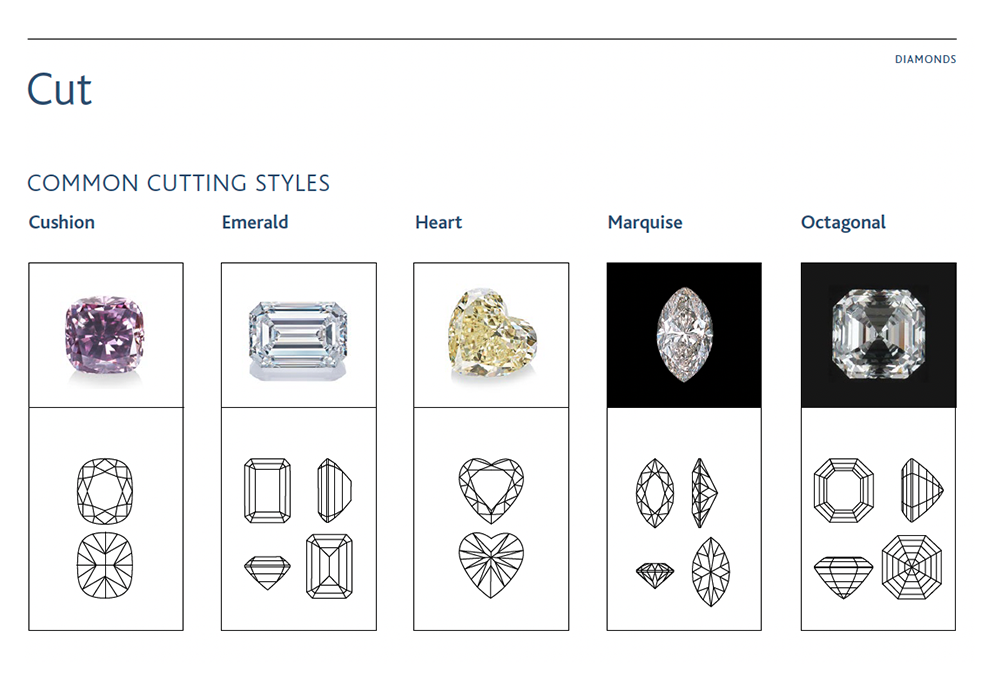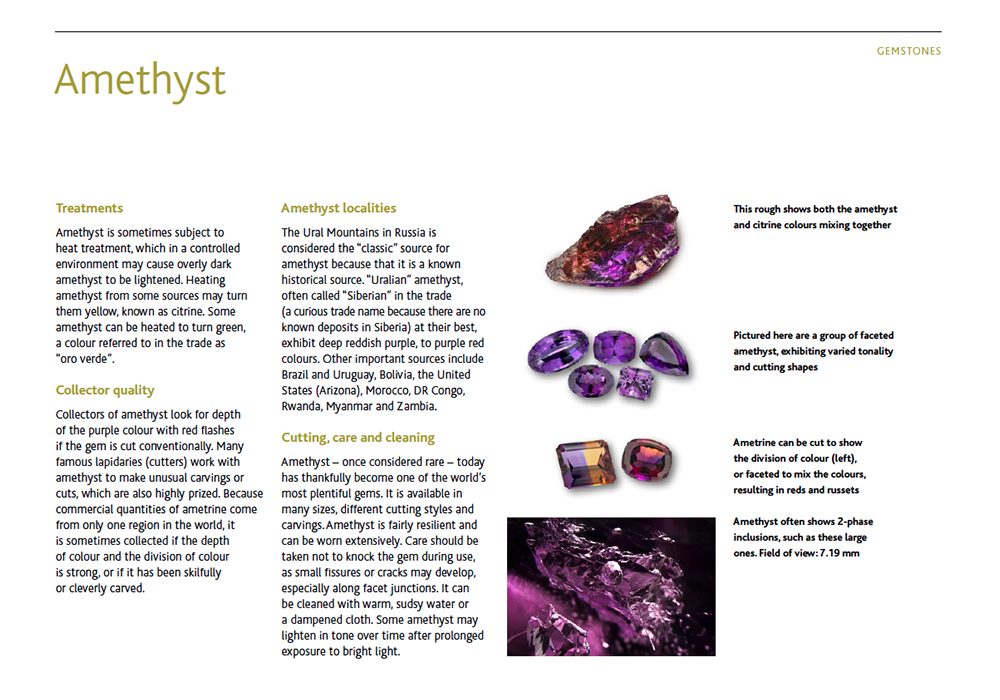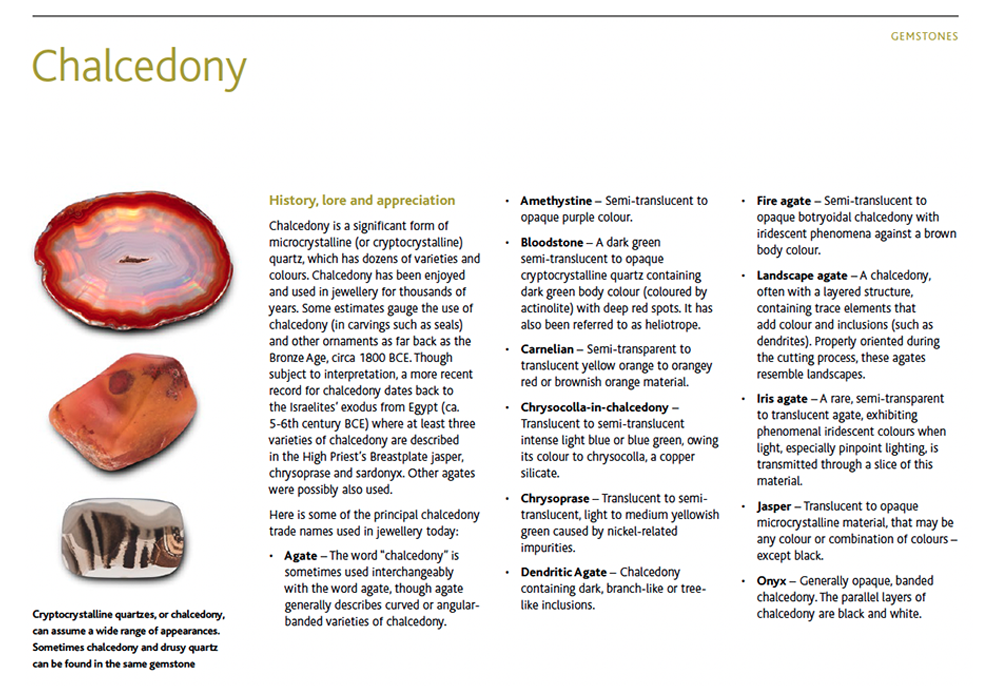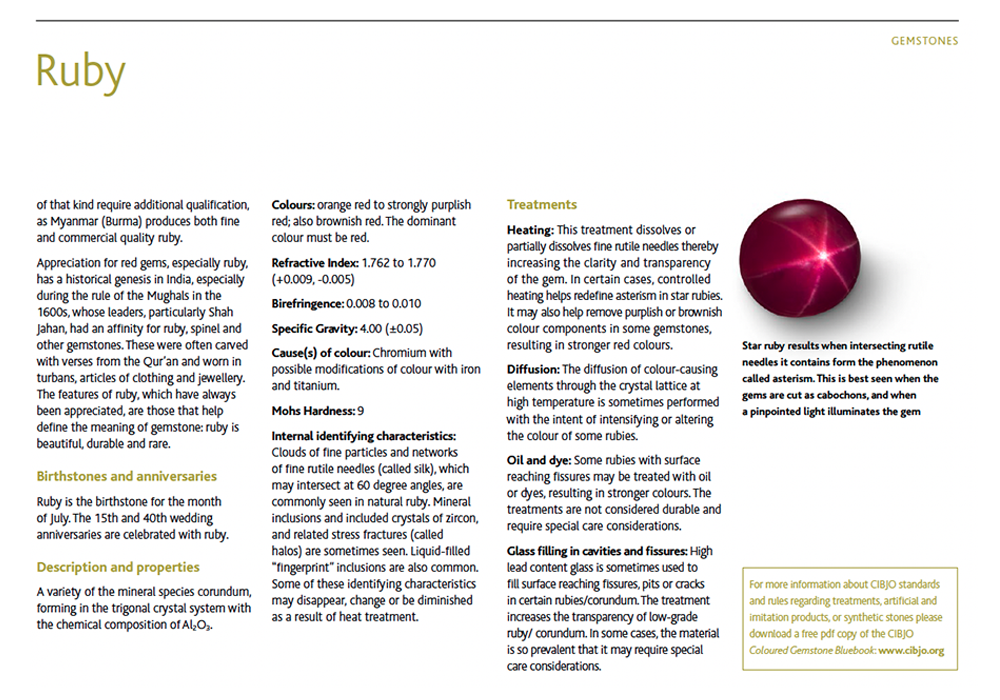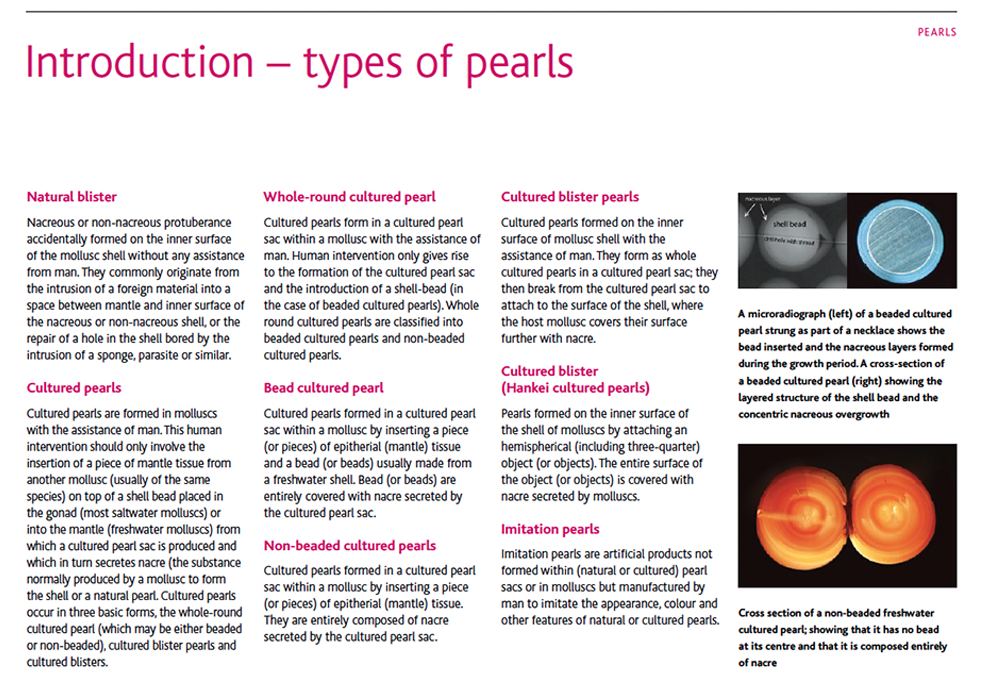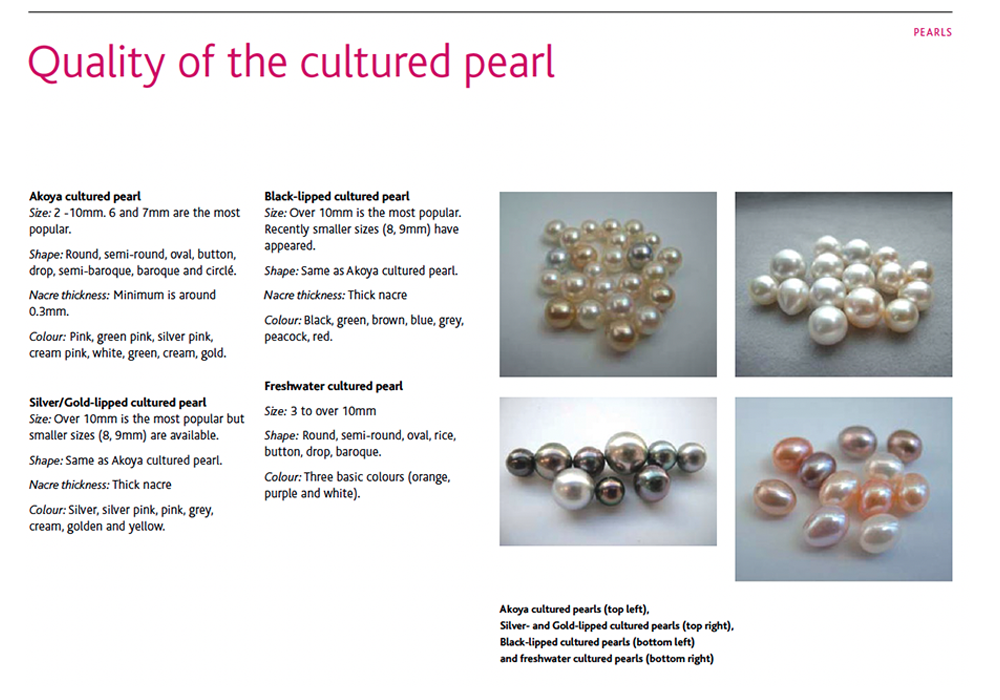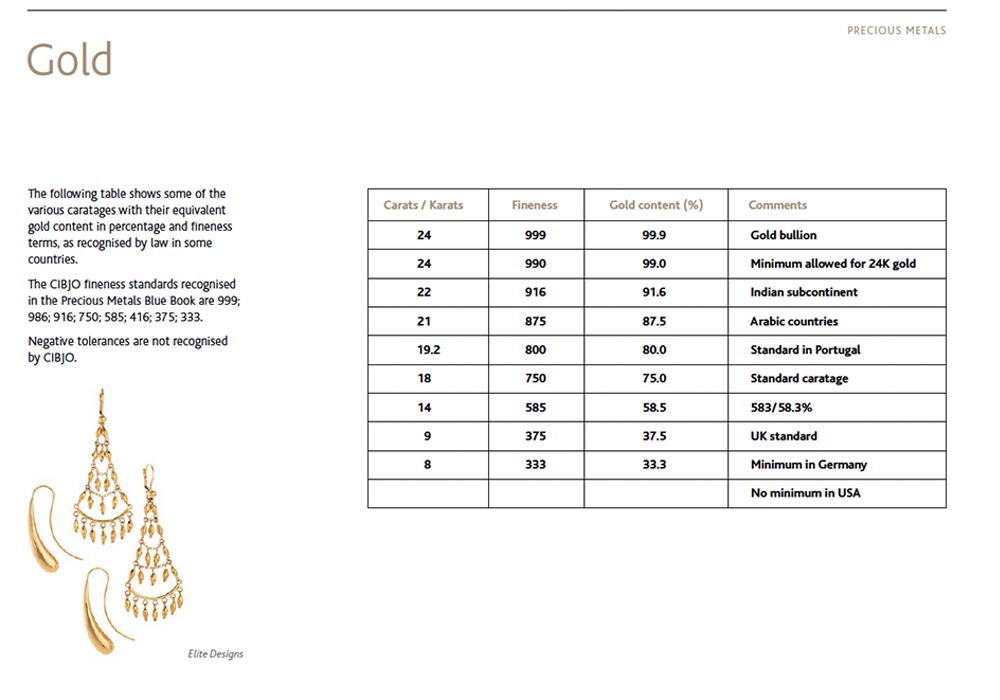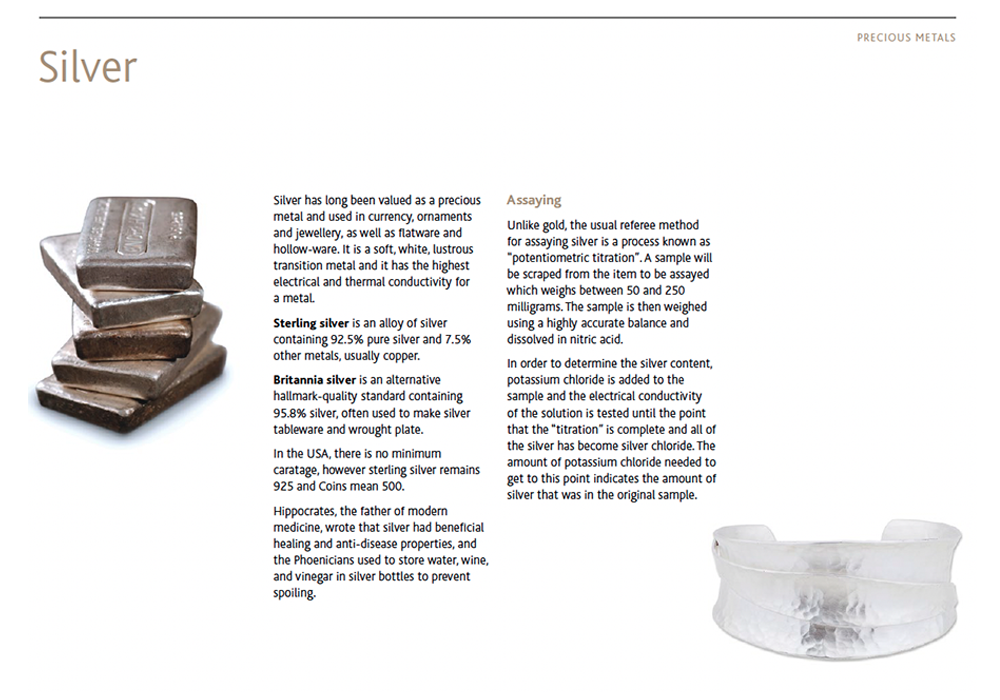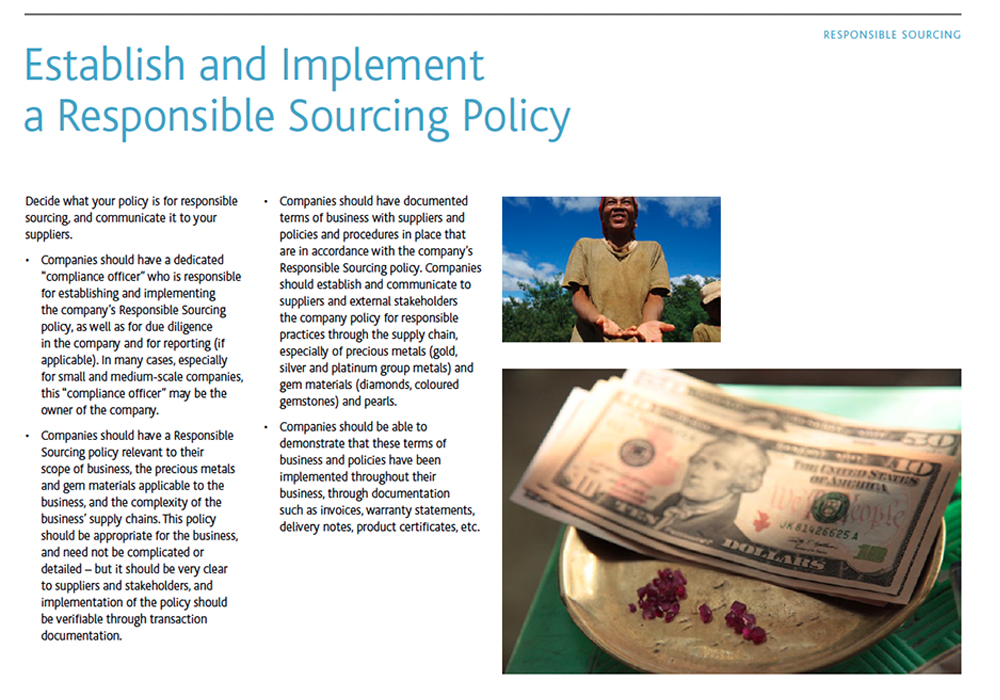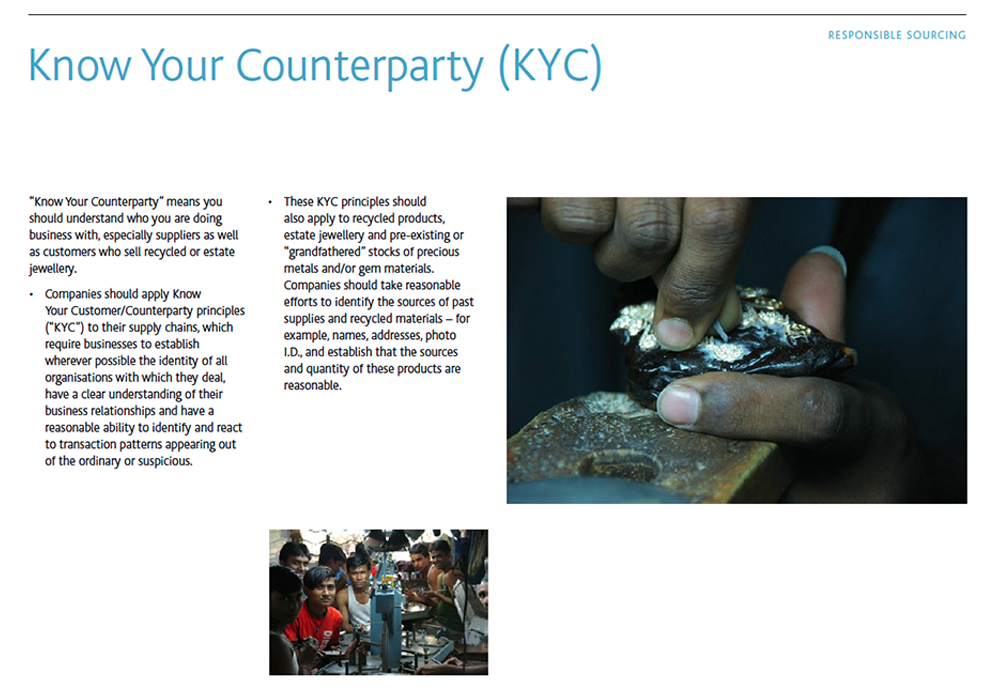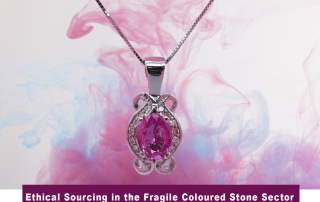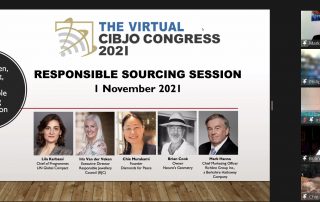CIBJO releases new edition of Retailers Reference Guide, downloadable free of charge from dedicated website
NOVEMBER 4, 2021
With the 2021 Virtual CIBJO Congress nearing the end of its first week, the World Jewellery Confederation has launched a new website, which will serve as the platform of the second edition of the CIBJO Retailer’s Reference Guide, the valuable in-store resource for sales staff in retail jewellery outlets. Comprehensively updated, the Guide is being made available in interactive PDF format, and can be downloaded free of charge from the website.
The dedicated CIBJO Retailer’s Reference Guide website is located on the web at: www.cibjo.org/rrg/.
The CIBJO Retailer’s Reference Guide was first released in printed format in 2011, and was immediately praised as an indispensable resource for sales staff in retail jewellery stores. It provided them with a simple but comprehensive understanding of the fundamental elements of diamonds, gemstones, pearls and precious metals. The primary goal was that they use the knowledge and the Guide itself to educate, inform and inspire jewellery consumers.
The updated edition of the CIBJO Retailer’s Reference Guide is now all-digital. 154 pages long and richly illustrated, it has two sections: a quick reference guide called Key Facts, and five chapters, covering in greater detail the key jewellery elements, namely Diamonds, Gemstones, Pearls, Precious Metals and Responsible Sourcing. The chapter on Responsible Sourcing is a new addition.
The CIBJO Retailers Guide is divided into two sections: a quick reference guide called Key Facts, and five chapters, covering Diamonds, Gemstones, Pearls, Precious Metals and Responsible Sourcing. It can be accessed or downloaded as a single unit, or by section or chapter.






Like the original, the new edition of the CIBJO Retailer’s Reference Guide was compiled, edited and produced by CIBJO’s Marketing and Education Commission, headed by Jonathan Kendall, working closely with the President of CIBJO’s Sector A, Roland Naftule. They collaborated with CIBJO’s other commissions, as well as with numerous industry experts. Among them were Robert Weldon, Director of the GIA Library, Jonathan Muyal, Orasa Weldon and other GIA staff members, who contributed text and images for the Gemstone chapter, which at 74 pages long is longest section of the Guide.
Using the website, users can access online the full CIBJO Retailer’s Reference Guide, or its six sections individually. Alternatively, they can download them onto their computers or mobile devices, so that the Guide can be referenced and displayed offline. The interactive PDF format allows for easy navigation through its sections and pages.
“The typical user is a jewellery sales representative, who interacts directly with consumers in the store,” explained Jonathan Kendall. “Using a countertop computer or a tablet, they are immediately able to answer and elaborate on almost any question that the consumer may have about an item of jewellery, or the metals and gems of which it is comprised.”
“The Guide is beautifully designed, but it was never intended to be simply a coffee table book,” said Gaetano Cavalieri, CIBJO President. “It is first and foremost a sales tool, because it nurtures informed consumers, and informed consumers are confident consumers. We invite people to visit the new website, download the CIBJO Retailer’s Reference Guide at no cost, and then use it.”
Examples of pages from the various sections and chapters of the CIBJO Retailer’s Reference Guide.

